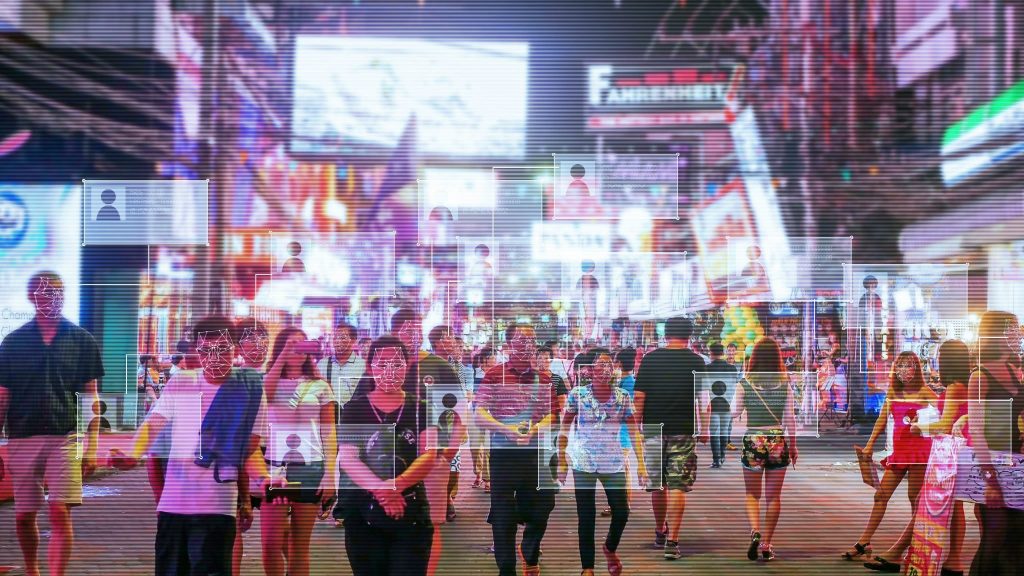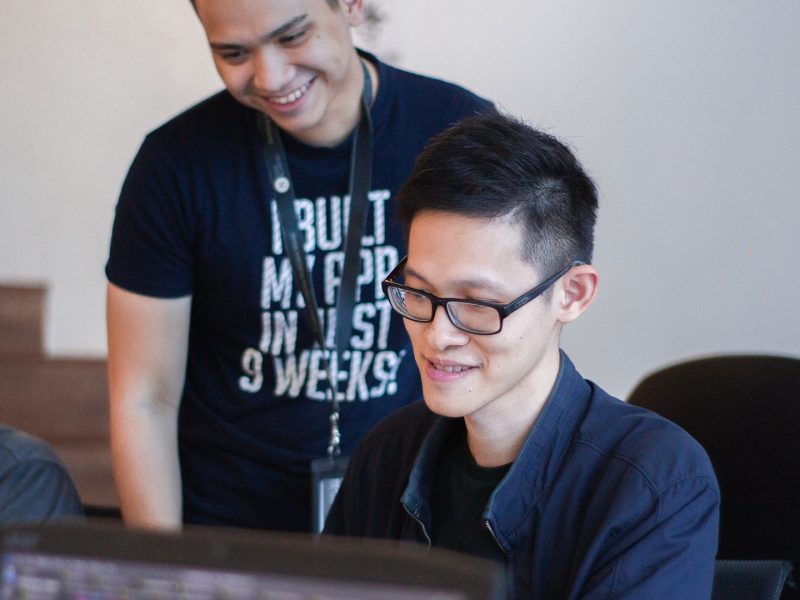Project Insights Report
Artificial intelligence and the future of work: What do we know so far?
 Executive Summary
Executive Summary
The increased deployment of Artificial Intelligence (AI) in work and society offers tremendous opportunities in terms of innovation and productivity but has also raised concerns about its potential negative, and wide-ranging effects.
AI as a new technology that relies on data analytics and machine learning is still emerging with considerable ambiguity and uncertainty of how its application will unfold in the workplace. There are traditional fears that AI will replace jobs, tasks and exacerbate inequity and harm psychological health.
This empirical literature review focused on understanding the impact AI is having on the world of work. The systemic review of papers revealed a number of common research themes, notably:
- efforts to better understand the implications of AI on equity, diversity and inclusion;
- implications of AI’s application in the workplace in terms of employee oversight and use of personal data and how this is affecting worker anxiety and psychological distress.
The review, however, also highlighted that few studies have examined the important role that human resource (HR) strategies and managers have in the implementation of AI and mitigating workplace risks.
The findings of this research also underscore that organizations need to better consider employees’ perspectives and their well-being regarding AI implementation. More research is needed to better understand the changing roles of HR professionals in mitigating the risks induced by the implementation of AI in the workplace.
Key Insights
Organizations need to better consider employees’ perspectives regarding AI implementation, notably regarding its time and pace.
As AI gains traction, it will be important to monitor employee well-being and organizational culture.
More research is needed to better understand the changing roles of the human resource personnel in managing AI.
 The Issue
The Issue
Technological change is having profound impacts on most aspects of society. The widespread adoption of technology, notably the recent and rapid deployment of AI across a number of sectors is bringing forth both challenges and opportunities.
At the same time, AI is still emerging as a technology and there is a high degree of uncertainty of how it will affect jobs, their skills composition and the workplace, more generally. Even less is known on how the deployment of AI, and its implications, will unfold across sectors and regions.
The purpose of the systematic literature review was to take stock of some of the key prevailing literature regarding the interaction between AI and the world of work. In particular, the aim of the research was to shed light on the emerging themes in this area and to identify future research needs, as well as key considerations on AI and work for policy makers and practitioners.

 What We Investigated
What We Investigated
This research project aimed to better understand the impacts of AI on workers’ jobs and their psychological health. In particular, this research project – by looking at the prevailing academic literature – sought to examine the following:
- how are AI technologies transforming the nature of work; and
- in what way are these technological changes affecting employee psychological health, engagement and performance.
 What We’re Learning
What We’re Learning
The research revealed a number of important lessons and learnings. First, it will be important for organizations to prioritize employee views when integrating AI, focusing on the implications on employee health, power dynamics, readiness for change, psychological environment, and organizational culture.
Second, to address some of these potential implications, the introduction and deployment of AI should be timed strategically, possibly starting with simple enhancements and moving towards a graduated implementation.
Finally, the review of the literature on the interaction between AI and the workplace pointed to a number of knowledge gaps. In particular, more empirical studies are needed to delve deeper into understanding the evolving roles of employees, managers, and HR professionals as the take-up of AI intensifies. Additional insights are also needed on how employees address challenges presented by AI, especially in shared leadership and decision-making processes.
 Why It Matters
Why It Matters
Previous iterations of technological change such as automation, the onset and deployment of robots, etc. have caused significant disruption in the world of work. And while there is evidence to suggest that technological innovation of this sort has led to overall positive net job creation, it has left some individuals, regions and sectors more vulnerable to the adverse consequences of technological change than others.
However, much like the technologies before it, the benefits and drawbacks of AI are not yet fully understood. As such, an improved understanding of the workplace implications of AI will be pivotal to ensuring that reaping its economic and social benefits, while mitigating distributional consequences, especially as regards an equity, diversity and inclusion lens.
Moreover, as industries and societies evolve with AI integration, a thorough understanding of its implications will be crucial for shaping education, training programs, and regulations. This will ensure that advancements are balanced, benefiting both employees and organizations, while also upholding ethical standards and adapting to the changing nature of work.

State of Skills:
Unleashing AI into the Skills Development Ecosystem
FSC-supported AI tools have bolstered outcomes in skills matching, career development guidance, and recruitment. The overall effectiveness of these tools was underpinned by recognizing and mitigating the inherent bias and discrimination embedded into these technologies.
FSC Insights
Have questions about our work? Do you need access to a report in English or French? Please contact communications@fsc-ccf.ca.
More from FSC
Laying foundations: Technological maturity in Canada's construction sector
Technological Change and the Future of Work in Canada
Best Practice Models for Industry Engagement
How to Cite This Report
Chan, G., McDonough, L. (2024) Project Insights Report: A Program for Young Moms in Northern Manitoba. Toronto: Future Skills Centre. https://fsc-ccf.ca/projects/a-program-for-young-moms-in-northern-manitoba/
Artificial intelligence and the future of work: What do we know so far? is funded by the Government of Canada’s Future Skills Program. The opinions and interpretations in this publication are those of the author and do not necessarily reflect those of the Government of Canada.




